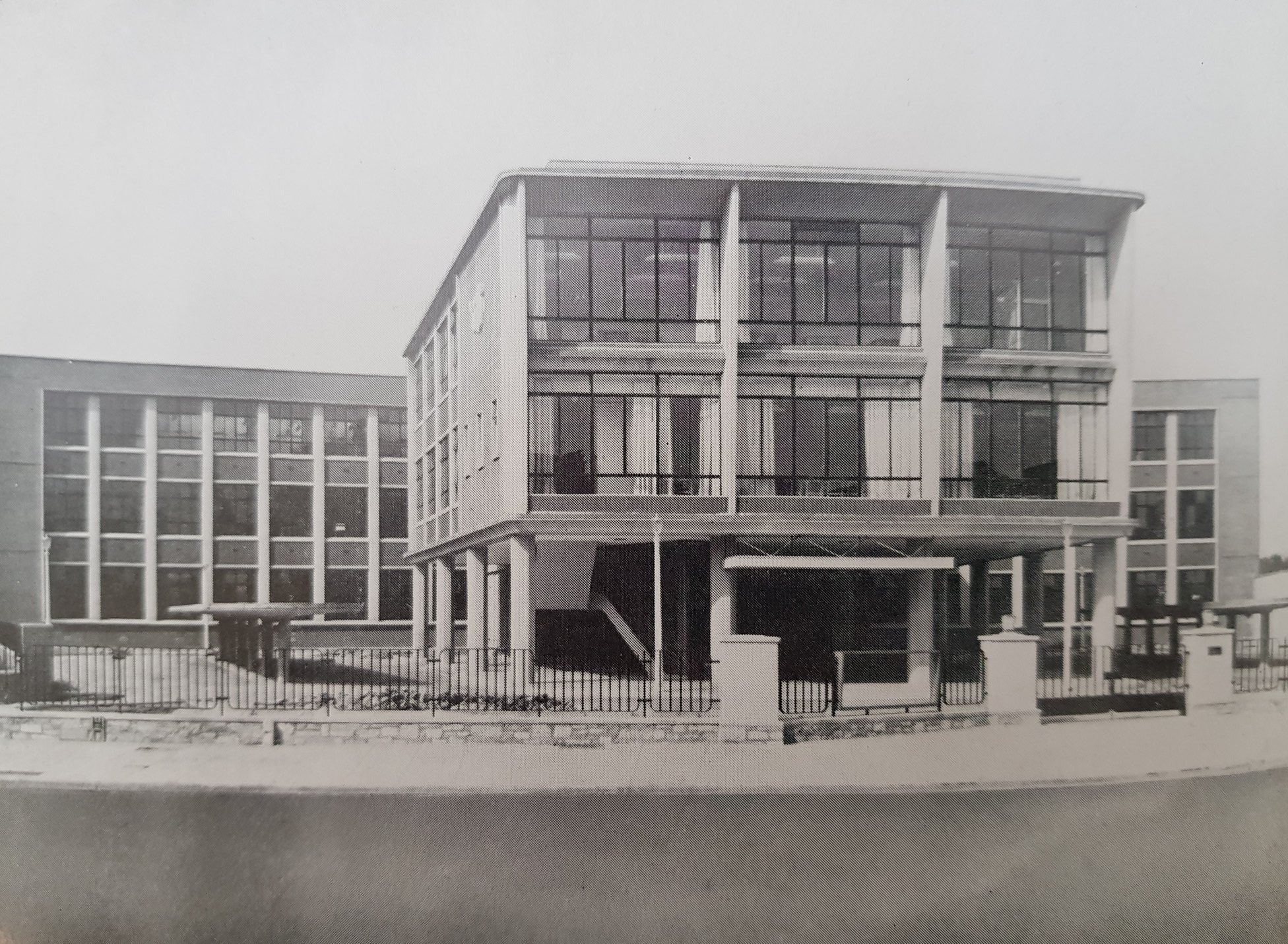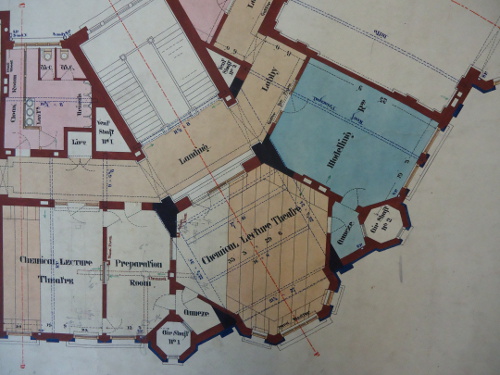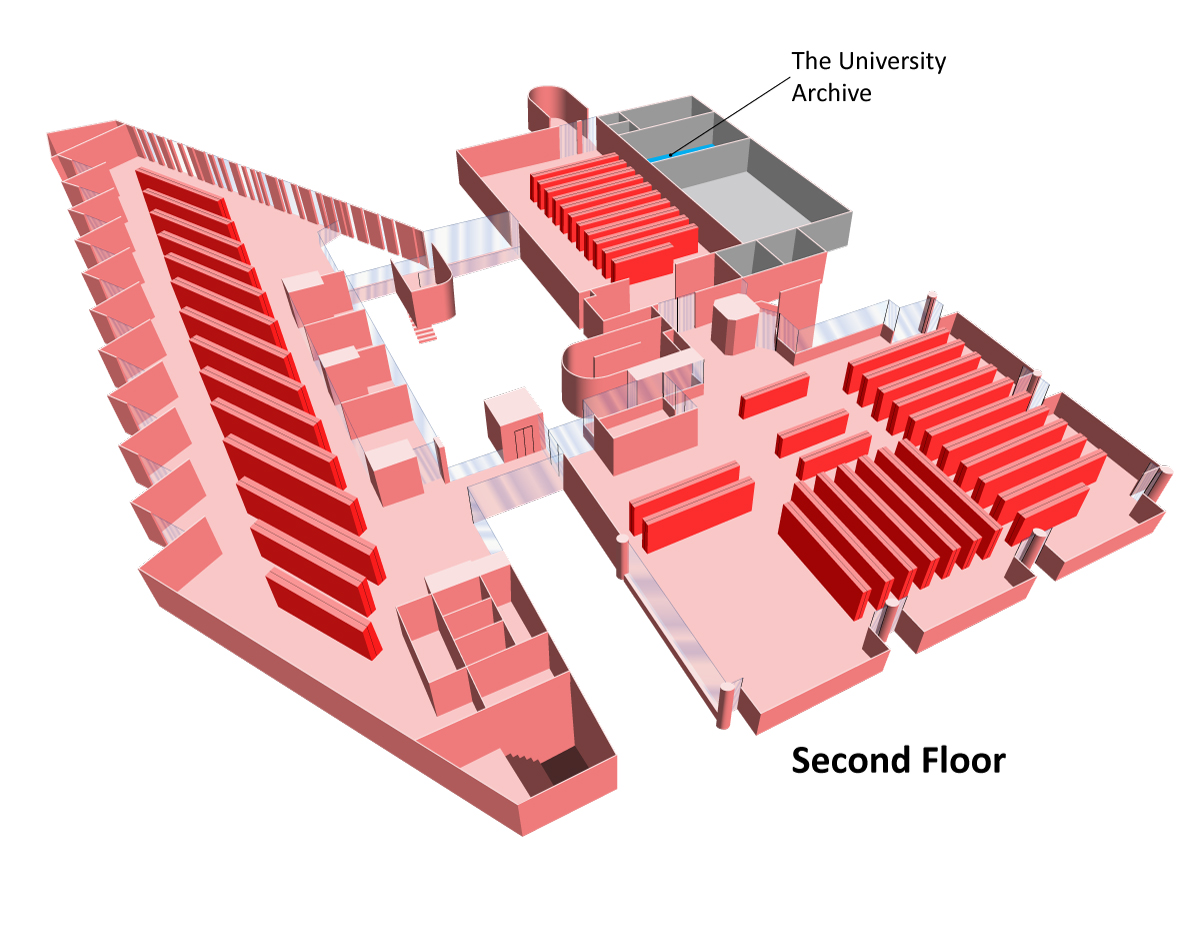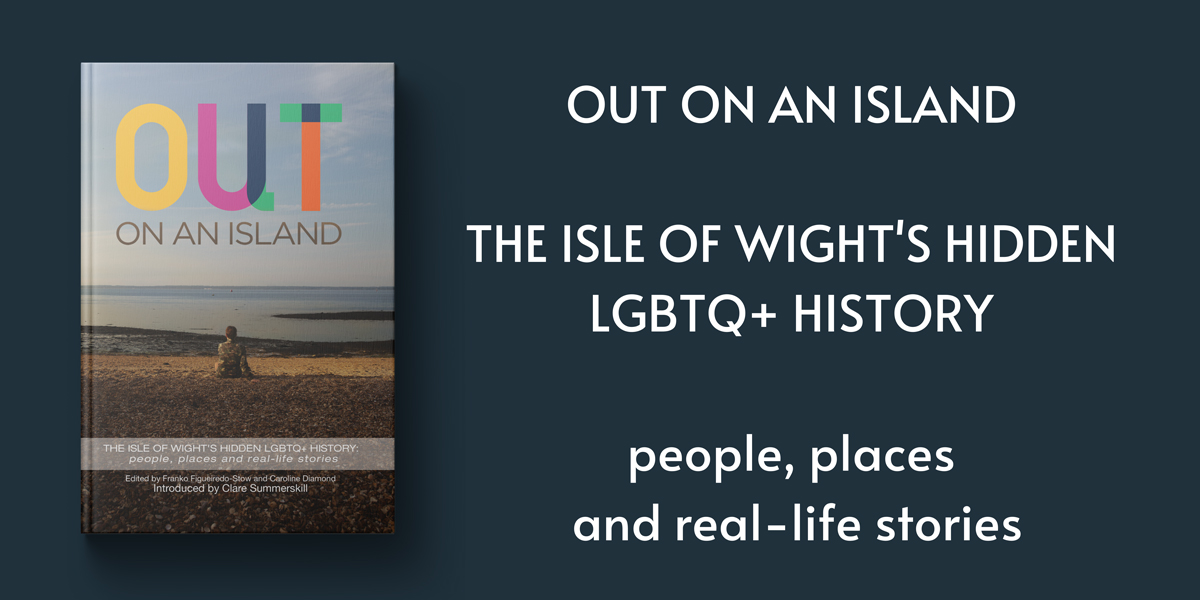From archive and architecture to social stories
Back in 2019, we posted an image from the University Archive of Anglesea building on Facebook. Anglesea sports two wall-mounted sculptures. We always knew the sculptor was an alumnus of Portsmouth College of Art, which became part of the University, but we did not know who…
Then, the sculptor’s niece, Genevieve Matthews, unexpectedly contacted us through Facebook to let us know that the sculptor was her uncle, Jack Matthews, who attended Portsmouth Art College (now part of the University) at the tender age of 11.







